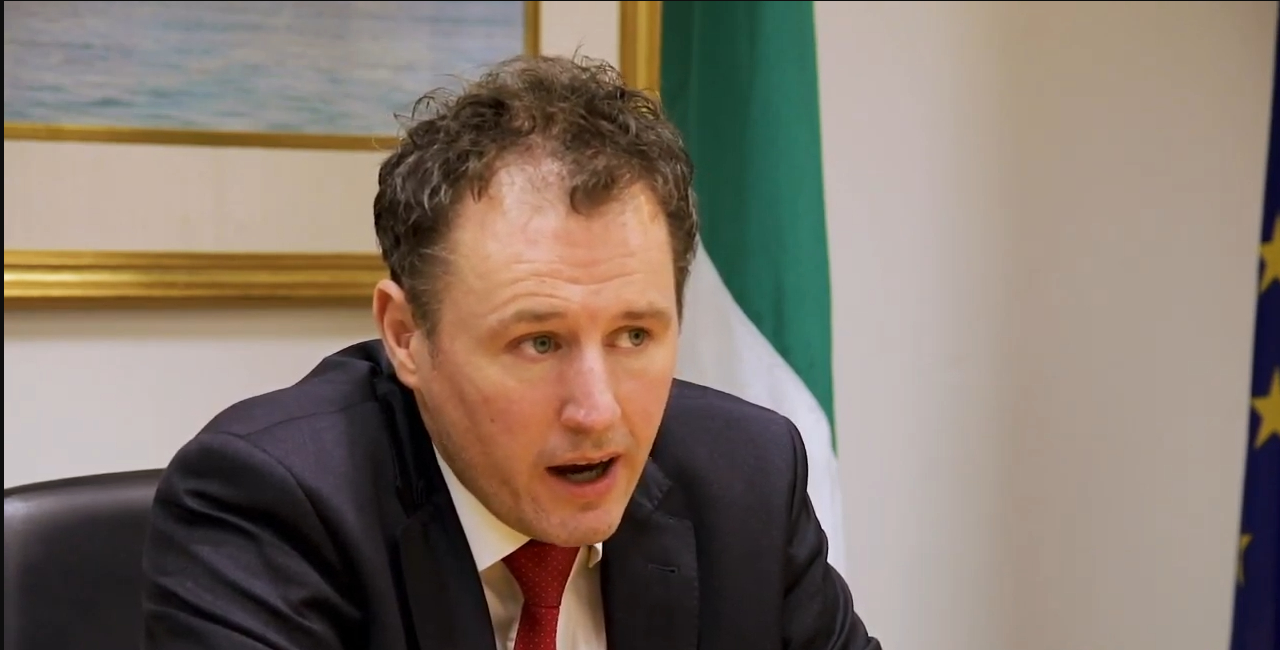Agriculture minister, Charlie McConalogue has confirmed his commitment to Ireland’s tillage sector. This is welcome news.
The minister made his views on the future of tillage clear, during a presentation to farmers attending a Meath East Fianna Fáil rally earlier this week.
For the record, he also admitted that Irish t
Where to for tillage?
So, where do we go from here? It’s very simple really. The minister has established the Food Vision Tillage Group.
The onus is now on the people making up this new body to come up with appropriate recommendations. Thereafter, the ball is back in the minister’s court; he will have to act promptly at that point.
It is envisaged that the vision group will come forward with provisional recommendations before the end of July.
Let’s hope so, as this would then give Minister McConalogue an opportunity to include tillage-related measures in Budget 2024.
Challenges
The minister had wanted to use this week’s meeting to get feedback directly from farmers. He didn’t have long to wait.
It’s obvious that the current Tillage Targeted Agricultural Modernisation Scheme (TAMS) is not fit for purpose. At a very fundamental level, the pricing structures therein do not accurately reflect the cost of modern tillage machinery.
Time will tell if the minister will move on this issue. Another point raised from the floor related to the growing demand for high quality tillage land as sites for solar energy investments.
The point was made repeatedly that other, less valuable food production locations could be used for these initiatives.
Minister McConlaogue also used his Bellewstown presentation to sketch out the possible future trajectory of Ireland’s nitrates derogation.
This is fast becoming a very serious issue indeed. Currently, only three regions of the European Union have been granted derogation status – Ireland, Denmark and parts of Belgium.
The mid-term review of the Nitrates Directive takes place later this year.
It is now evident that if Ireland cannot show confirmed improvements in water quality, in tandem with a reduction in nitrate fertiliser usage, then all bets are off.
The implications of Ireland losing its nitrates derogation are immense, and they are all very negative.
20 years ago, the focus of the CAP was to facilitate the production of food in Europe. Now, the very clear emphasis is on environmental improvement and nature restoration.
Ireland will have very few friends left in Brussels if it is not actively demonstrating significant improvements, where both these issues are concerned.
